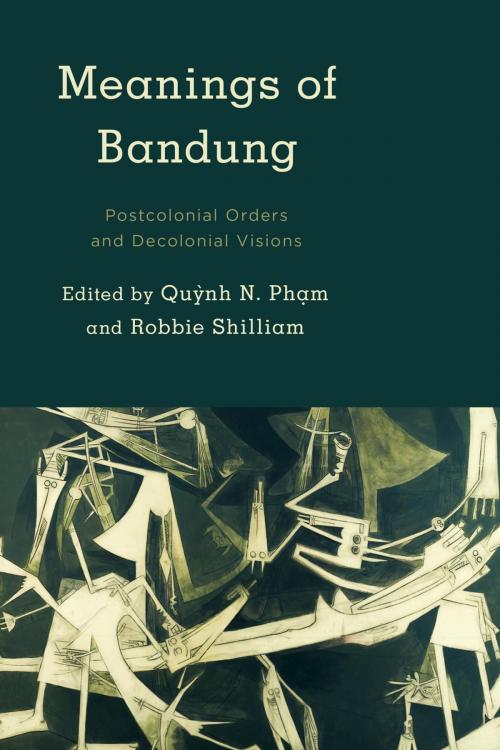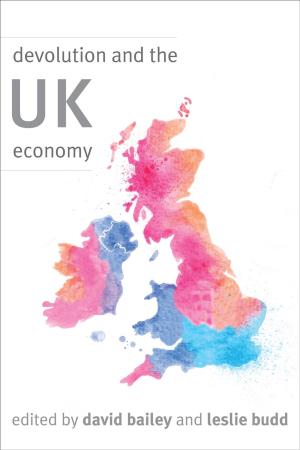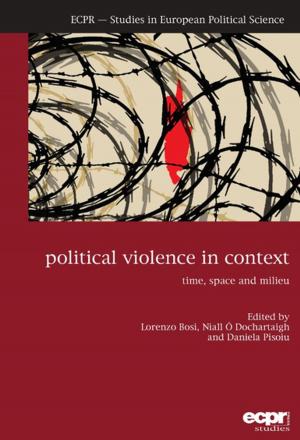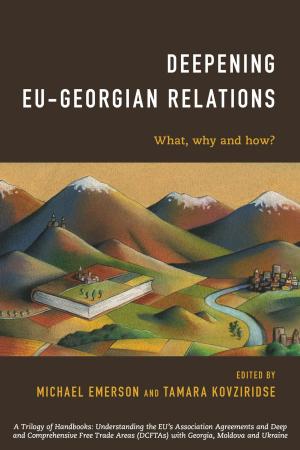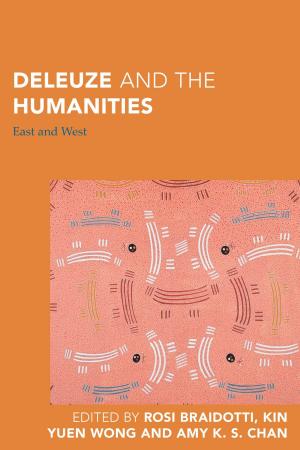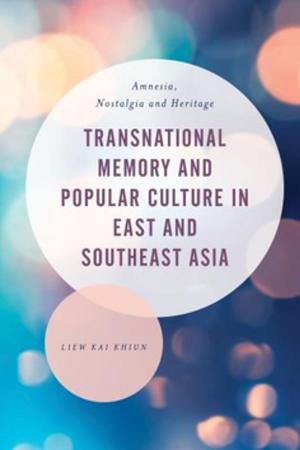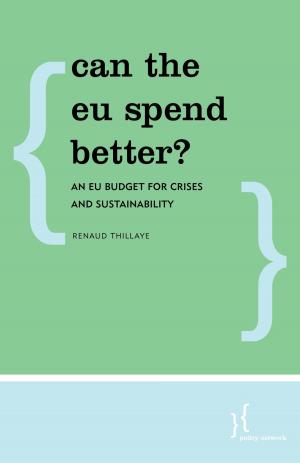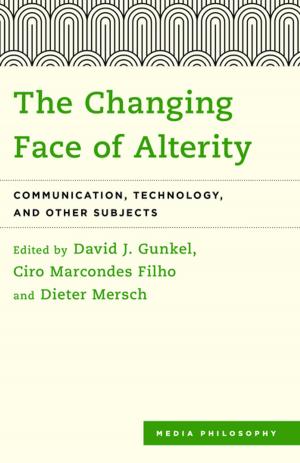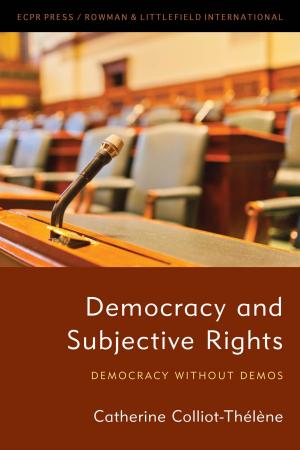Meanings of Bandung
Postcolonial Orders and Decolonial Visions
Nonfiction, Social & Cultural Studies, Political Science, International, International Relations| Author: | ISBN: | 9781783485666 | |
| Publisher: | Rowman & Littlefield International | Publication: | November 2, 2016 |
| Imprint: | Rowman & Littlefield International | Language: | English |
| Author: | |
| ISBN: | 9781783485666 |
| Publisher: | Rowman & Littlefield International |
| Publication: | November 2, 2016 |
| Imprint: | Rowman & Littlefield International |
| Language: | English |
The Bandung Conference was the seminal event of the twentieth century that announced, envisaged and mobilized for the prospect of a decolonial global order. It was the first meeting of Asian and African states, most of which were newly independent, to promote Afro-Asian economic and cultural cooperation and to oppose colonialism or neocolonialism by any nation.
This book focuses on Bandung not only as a political and institutional platform, but also as a cultural and spiritual moment, in which formerly colonized peoples came together as global subjects who, with multiple entanglements and aspirations, co-imagined and deliberated on a just settlement to the colonial global order. It conceives of Bandung not just as a concrete political moment but also as an affective touchstone for inquiring into the meaning of the decolonial project more generally. In sum, the book attends to what remains woefully under-studied: Bandung as the enunciation of a different globalism, an alternative web of relationships across multiple borders, and an-other archive of sensibilities, desires as well as fears.
The Bandung Conference was the seminal event of the twentieth century that announced, envisaged and mobilized for the prospect of a decolonial global order. It was the first meeting of Asian and African states, most of which were newly independent, to promote Afro-Asian economic and cultural cooperation and to oppose colonialism or neocolonialism by any nation.
This book focuses on Bandung not only as a political and institutional platform, but also as a cultural and spiritual moment, in which formerly colonized peoples came together as global subjects who, with multiple entanglements and aspirations, co-imagined and deliberated on a just settlement to the colonial global order. It conceives of Bandung not just as a concrete political moment but also as an affective touchstone for inquiring into the meaning of the decolonial project more generally. In sum, the book attends to what remains woefully under-studied: Bandung as the enunciation of a different globalism, an alternative web of relationships across multiple borders, and an-other archive of sensibilities, desires as well as fears.
